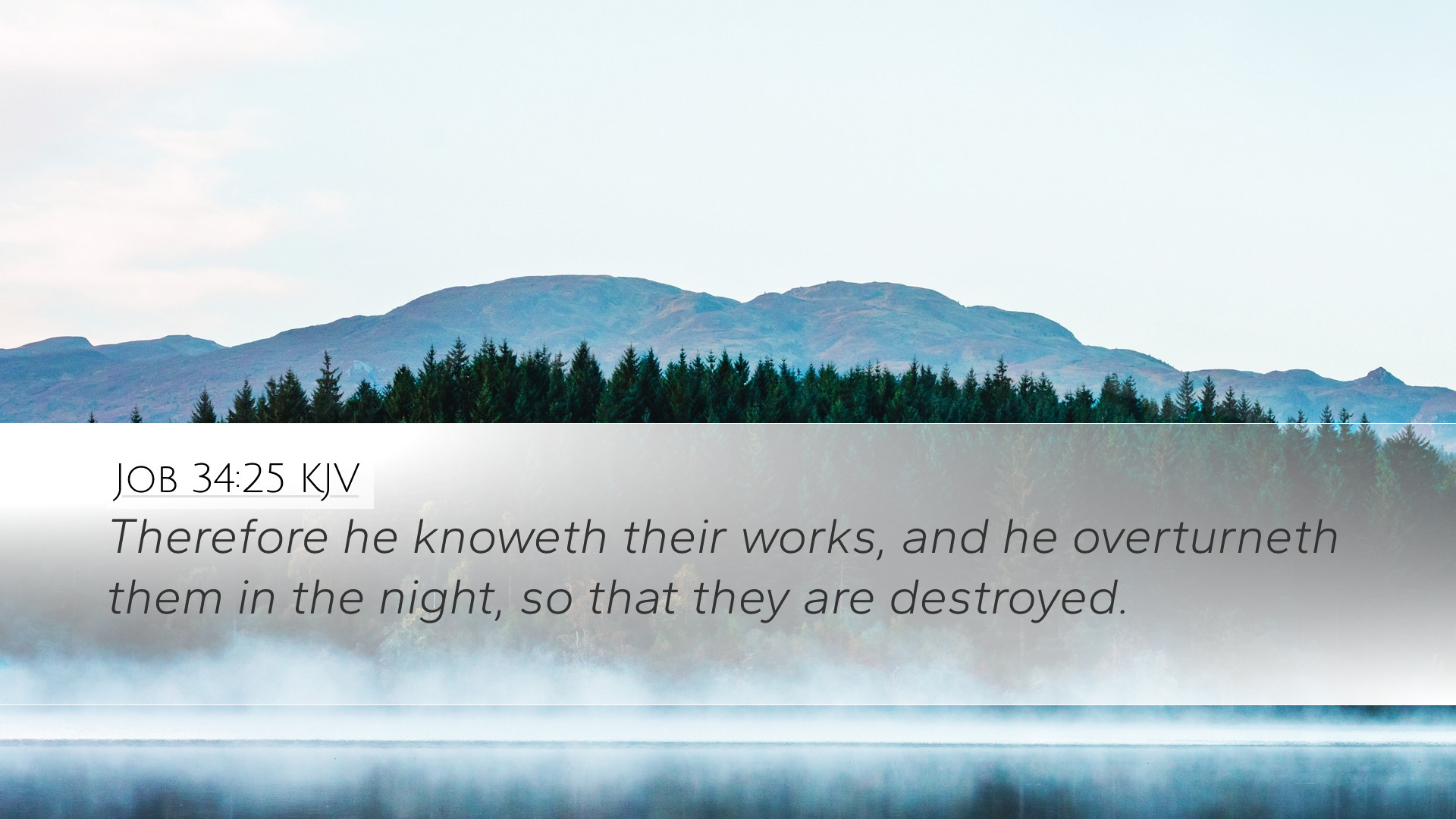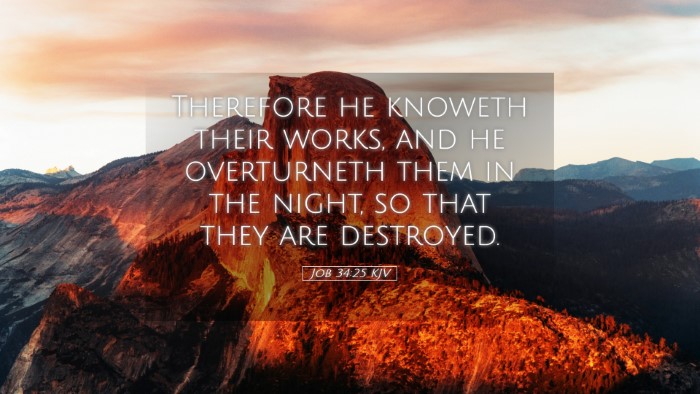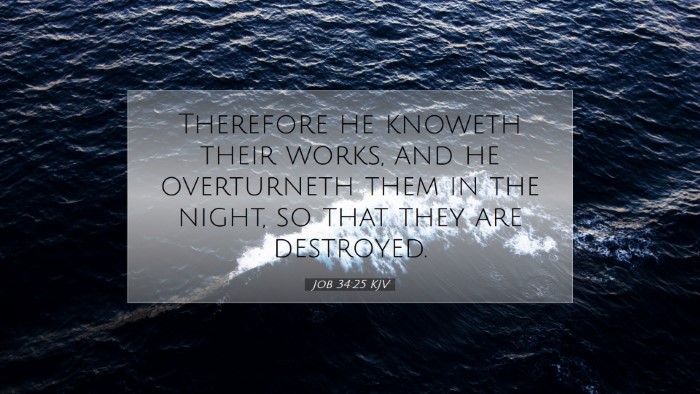Old Testament
Genesis Exodus Leviticus Numbers Deuteronomy Joshua Judges Ruth 1 Samuel 2 Samuel 1 Kings 2 Kings 1 Chronicles 2 Chronicles Ezra Nehemiah Esther Job Psalms Proverbs Ecclesiastes Song of Solomon Isaiah Jeremiah Lamentations Ezekiel Daniel Hosea Joel Amos Obadiah Jonah Micah Nahum Habakkuk Zephaniah Haggai Zechariah MalachiVerse
Job 34:1 Job 34:2 Job 34:3 Job 34:4 Job 34:5 Job 34:6 Job 34:7 Job 34:8 Job 34:9 Job 34:10 Job 34:11 Job 34:12 Job 34:13 Job 34:14 Job 34:15 Job 34:16 Job 34:17 Job 34:18 Job 34:19 Job 34:20 Job 34:21 Job 34:22 Job 34:23 Job 34:24 Job 34:25 Job 34:26 Job 34:27 Job 34:28 Job 34:29 Job 34:30 Job 34:31 Job 34:32 Job 34:33 Job 34:34 Job 34:35 Job 34:36 Job 34:37

